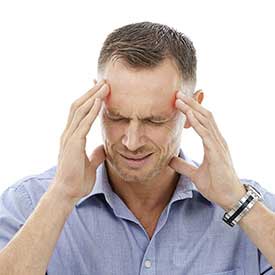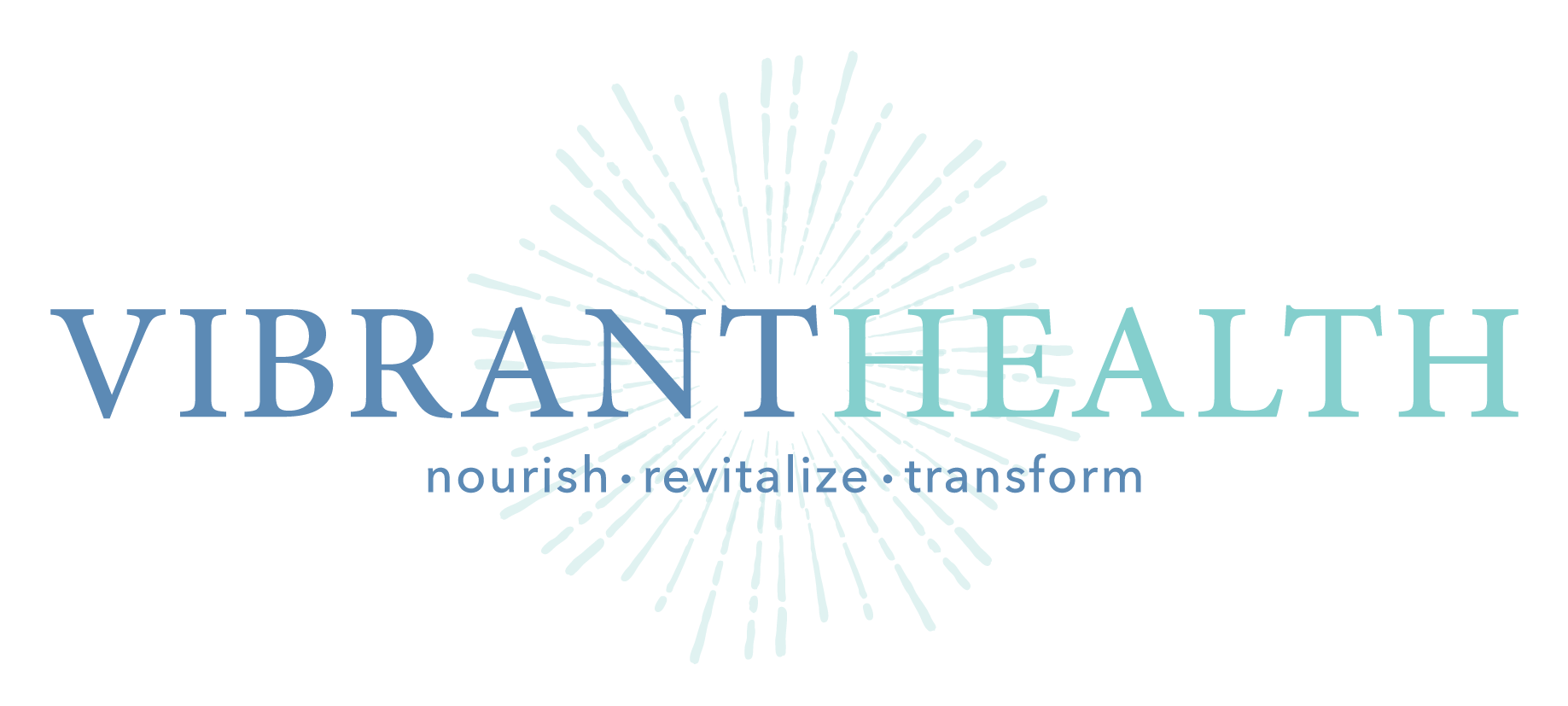Migraine Treatment in Newburyport, MA

A migraine is a severe, debilitating form of headache where sufferers typically experience sensitivity to light, sounds and experience nausea. The intense pain can last for a few hours or a few days, leaving you incapacitated until the attack runs its course. Typically beginning in childhood, adolescences or early adulthood, there are four main stages of a migraine.
Stages of a Migraine
While no two people are alike, a migraine tends to follow a specific course of stages in all those who suffer from this condition.
Predrome; occurring a few days before the attack are several bodily warning signs of an impending migraine.
- Constipation
- Moodiness/ irritability
- Stiffness in your neck/ upper back
- Cravings for food
- Hyperactivity and increased energy
- Depression
- Excessive yawning
Aura; typically experienced at the start or right before a migraine, the aura is a group of sensory warning signs.
- Seeing flashes of light
- Blind spots in your field of vision
- Seeing shapes
- Arm/leg numbness
- Paresthesia (painful pins & needles sensation)
- Aphasia (speech problems)
If symptoms of an aura last past the attack/ pain phase of a migraine or span several days, seek immediate medical attention as this can be a sign of an impending stroke.
Attack; lasting several hours to three days or more, this is the migraine itself. Often presenting with:
- Pain on one-or both-sides of the head
- Pain that is pulsing or throbbing
- Blurred vision
- Dizziness
- Sensitivity to lights and sounds
- Nausea and vomiting; this is caused by a built-in fight or flight response your sympathetic nervous system uses in times of emergency. In preparation to fight or flee, digestion is slowed (closing the sphincter that connects the stomach to intestines, dilating the stomach). This can cause nausea or vomiting.
Postdrome; the final stage of a migraine.
- You may feel depleted or have a slight ”high” feeling.
Seek emergency medical care if:
- Your migraine appears abruptly and is severe
- You have a migraine alongside a fever, disorientation, weakness, aphasia, numbness, and/or seizures as these symptoms may signal another severe issue.
Causes of a Migraine
The exact cause of migraines are yet unknown, but many believe genetics play a role as do serotonin levels. Low serotonin levels can-in a roundabout way-trigger cranial pain.
Some common migraine triggers include:
- Estrogen level changes; women are far more likely than men to experience migraines (pregnancy, menopause and periods can trigger attacks)
- Specific foods such as cheese, sodium, MSG, aspartame, alcohol, wine, caffeinated drinks and not eating at all have been reported to trigger a migraine.
- Smells
- Sleep disturbances
- Sounds (loud)
- Lights (glaring and bright)
- A change in atmospheric pressure
- Physically demanding activities
- Vasodilators/oral contraceptives
Avoiding these triggers when possible may help prevent the onset of a migraine.
Treatment Options for Migraines
While there is no absolute cure for migraines, many of the symptoms can be treated. Meds like Triptains and beta blockers can help reduce intracranial swelling by constricting blood vessels, thus reducing/ alleviating pain. A caffeine/amine known as ergots can offer help as well. Codeine can treat the pain directly, SSRIs (a selective serotonin reuptake inhibitor is a medication used to treat depression) can control serotonin levels, and Botox can help with chronic sufferers.
Alternative treatments including acupuncture, massages and exercise have been recommended to help manage migraines as well.
Migraines are immensely painful and can disrupt your day-to-day life, but options do exist.
Request more information about Migraines today. Call (207) 536-9661 or contact Dr. Johanna Mauss online.
Vibrant Health Natropathic Medical Center
Address
3 Riverside DriveGreenland, NH 03840
(207) 536-9661
vibranthealthnaturalmedicine.com/
Hours
Mon:
8:30 am - 5:00 pm
Tue:
9:00 am - 5:00 pm
Wed:
10:30 am - 5:00 pm
Thu:
9:00 am - 5:00 pm
Fri:
10:00 am - 4:00 pm
Sat:
Closed
Sun:
Closed


